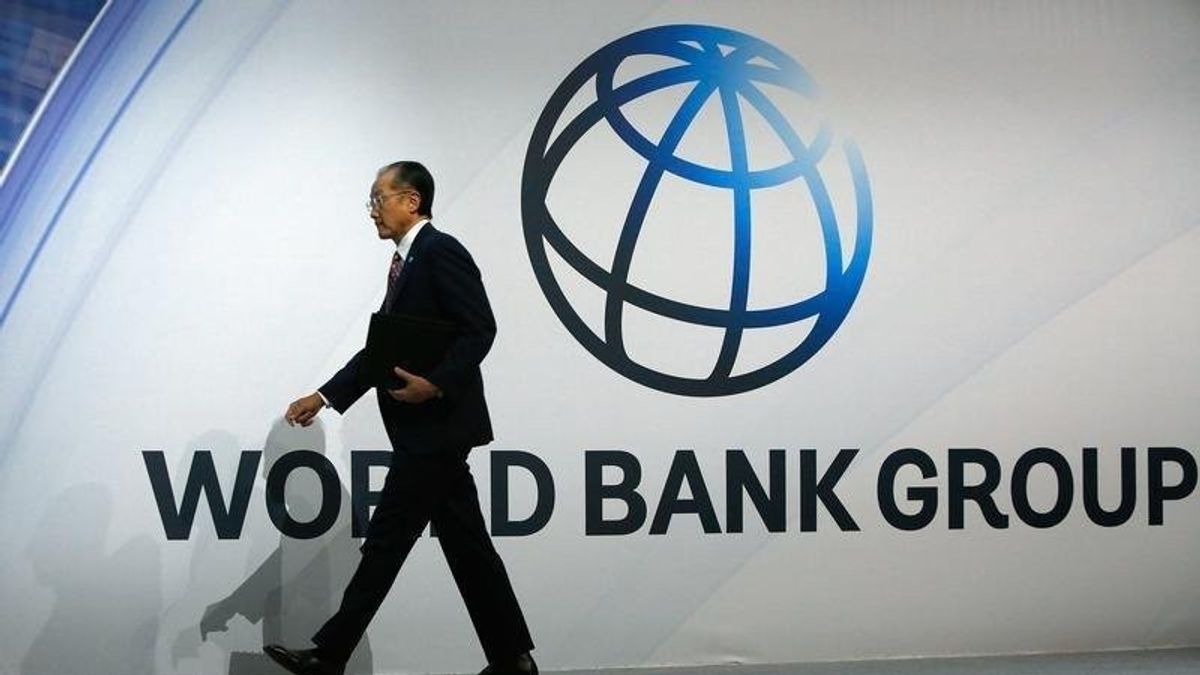WASHINGTON - The President of the World Bank, David Malpass, feels the need to warn everyone and also from the corporate community not to hoard goods, such as food and gasoline, despite the spike in prices triggered by the Russo-Ukrainian war.
In a virtual event hosted by the Washington Post newspaper, as reported by Antara, Monday, March 14, Malpass said that the sanctions imposed by some parties on Russia would definitely have a greater impact on global economic output, than the war itself.
However, based on the current assessment, Malpass admitted that he would not anticipate a crisis that would end the global recovery and reduce global GDP. Malpass expects a strong response from manufacturers around the world to increase supply as needed, and sees no need for people to have extra supplies in their kitchens or restaurants.
Malpass also anticipates major increases in energy supplies outside Russia and food outside Russia and Ukraine, which will lessen the impact of the war-driven price spike and help sustain the recovery.
According to him, the energy supply can increase faster than the food supply, considering that agricultural adjustments usually take about a year.
"The right thing to do under the current circumstances is not to go out and buy extra flour or extra gasoline, it's to recognize that the world is a dynamic global economy and will respond. There will be enough to get around," Malpass said.
Malpass said Russia had a difficult decision to make regarding its debt repayments amid Western sanctions crippling its foreign exchange assets. Russia's finance ministry said Monday, March 14, that it was ready to make two bond payments in rubles instead of US dollars in line with sanctions prohibiting the use of US dollars for any cross-border Russian transactions.
The English, Chinese, Japanese, Arabic, and French versions are automatically generated by the AI. So there may still be inaccuracies in translating, please always see Indonesian as our main language. (system supported by DigitalSiber.id)








